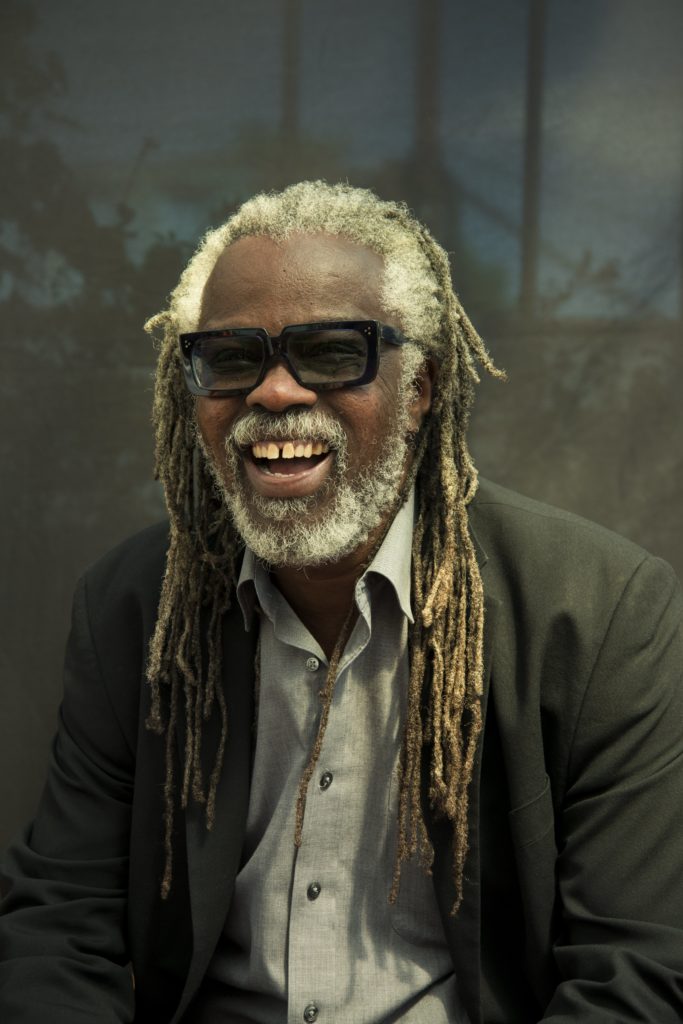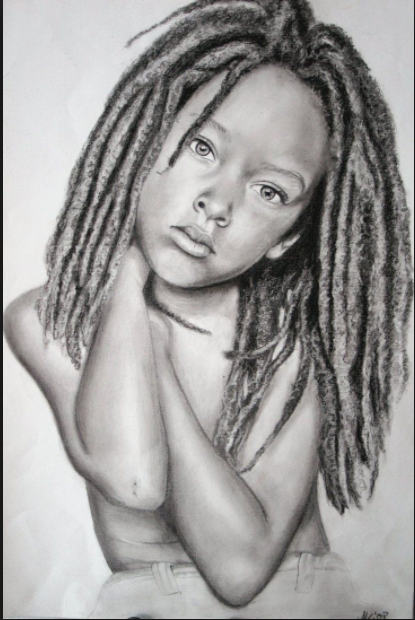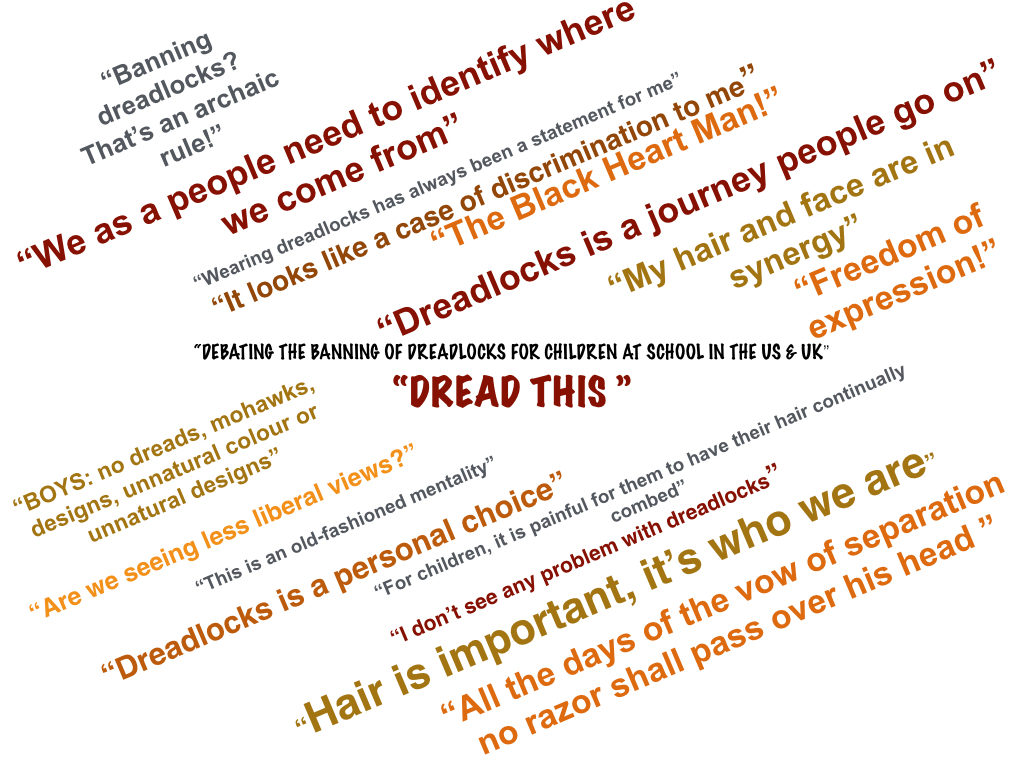Dreadlocks
In August 2018, A Book’s Christian Academy (in Apopka Florida USA) refused entry to a 6-year old boy because of his dreadlocks.
In September 2017, Fulham Boys School (in the UK) asked a 12-year old boy to cut off his dreadlocks.
Let’s discuss DREADLOCKS.
Afro Hair and Dreadlocks
Dreadlocks take many years to grow! They can be symbolic of a person’s heritage and part of a person’s identity. References to dreadlocks as well as to afro hair can be found in the Old Testament Bible (Numbers 6:5 and Revelation 1:14) and they are usually associated with the Rastafarian religion/culture, and Hebrew-lites.

Afro hair has a certain texture which means that certain styles allow it to be more easily and well managed. Daily combing of tightly coiled afro hair may be painful. Dreadlocks is a style that avoids this because afro hair may naturally form into locks. It is therefore a way to wear afro hair, and allow it to grow, naturally & with relative ease.
Raising the Next Generation
Around the world, communities, and societies make choices about how to raise the next generation.
Schools have rules and regulations for management of their children. This includes codes on uniforms, as well as hair-grooming and appearance. Consequently this then extends to the workplace in later life.

We were allowed to stop wearing our uniform when we reached the 6th form at my secondary school. The uniform was a kilt and blazer. However, we had to “dress for work”. The school told us that it was to discipline us and prepare us for work. It was also to associate the neatness and well-kept-ness of our dress as a form of disciplining the mind. Our school considered it an act of trust to allow us to not wear school uniform. We were finally young adults, about to set out into the world. The school hoped we would keep its values as our foundations.
Different Strokes For Different Folks
An issue arises when we try to interpret “neat” and “being disciplined”.
As a comparative example to the UK, many children in Ghana are required to cut their hair for school. This is so that grooming does not become a distraction from education. This applies to boys and girls.
Is there evidence to show that children who always had their hair short are excelling above others who did not?
I remember going on a school trip to Amsterdam when I was 11. In Amsterdam the children did not have a school uniform. They seemed fine to me. If anything they were calm, well-adjusted and more mature than we were. And we were in our smart but stiff clothes with the school emblem emblazoned on us.
Are the factors which affect success more nuanced than controlling hair and clothing?
In this episode of Afro Archives, I have tried to touch on this. With the publicity of the dreadlocks case in Florida, it was a great launch pad for debate. It was strongly felt on social media, that the case was in the realm of race discrimination. Comparatively, dreadlocks are a choice that more people of black African descent would make. The indirect effect of a law that prohibits dreadlocks is clear. The potential number of black boys who might be excluded from school because of dreadlocks is likely to be greater than the number of white boys excluded for the same reason. Furthermore, choosing dreadlocks is a much deeper and personal choice. For someone of African descent, the ability to wear hair naturally as dreadlocks is a representation of ethnic origin.
Dread This
The control of hair runs deep. Hair choices are not just about aesthetics. They relate to care of ourselves and our well-being. In fact, they also relate to freedom of expression. How far should we allow institutions like schools to infringe on our rights & on children’s rights? Particularly when they are rights that we as a human race strive to uphold and protect.
How important is it to allow children to feel confident in who they are?
How important is freedom of expression with hair?
Are rules restricting self-expression helpful in supporting and encouraging the leaders of the future?
Plenty of food for thought and a great topic to debate. Dread This.
In my 12th episode of Afro Archives On Air , I discuss dreadlocks with guests including my uncle Kofi who has been growing his dreadlocks for 35 years. I ask my guests to share their views on the news story of a 6-year old boy in Florida who was banned from school because of his dreadlocks. We open up and share thoughts on culture, identity and discrimination through our discussions. You can have a listen and also have a read:
I think afro hair discussions are endless. I hope this episode speaks to you and is of interest. And if you fancy just enjoying some music, how about having a listen to the specially chosen tracks for Dread This:



No comments yet.